Breast cancer is often associated with older women, but it’s essential to recognize that it can also occur in younger women in their 20s and 30s. Understanding the risks, symptoms, and preventative measures at this stage of life can empower you to take charge of your health and detect potential issues early.
What is Breast Cancer?
Breast cancer arises when cells in the breast tissue grow uncontrollably, forming a tumor that can be malignant. While most cases occur in women over 50, about 5-7% of breast cancer diagnoses are made in women under 40.
Why Does Breast Cancer Occur in Younger Women?
The exact causes of breast cancer are still under study, but in younger women, it is often linked to:
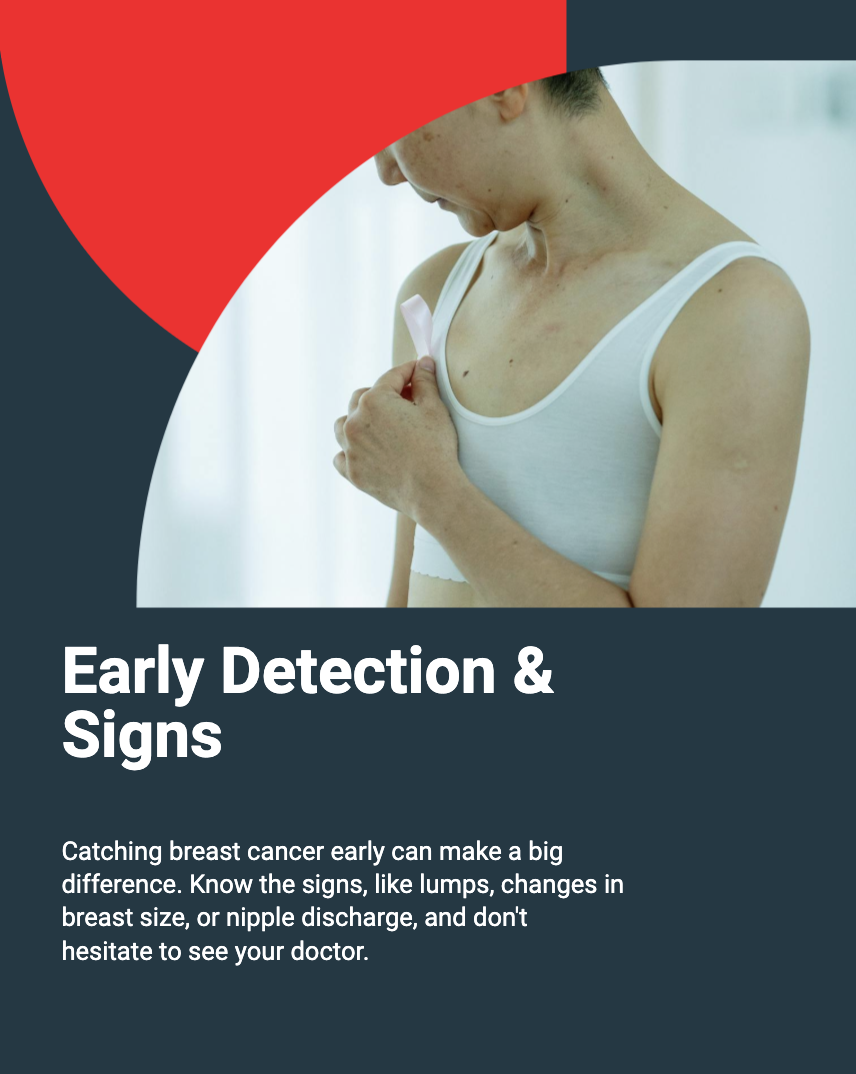
Recognizing the Symptoms
Early detection of breast cancer can save lives. Watch for these symptoms:
Performing monthly breast self-exams can help you become familiar with the normal look and feel of your breasts, making it easier to notice changes.
How to Perform a Self-Exam
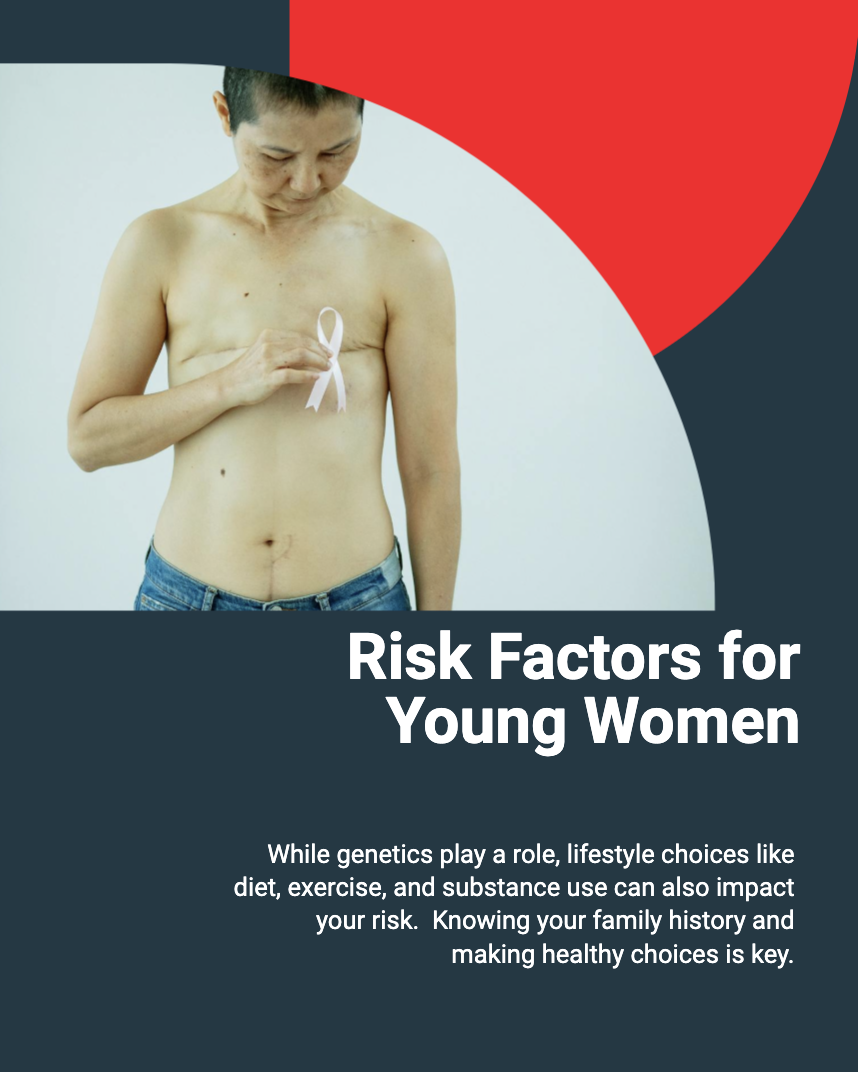
Genetic Predispositions
If you have a family history of breast cancer, especially in a first-degree relative (mother, sister), you may have a higher risk. Genetic counseling and testing can help assess your risk.
Lifestyle Contributions
When Should You Start Screening?
Routine mammograms are usually recommended starting at age 40, but younger women with a family history or other risk factors may need earlier or more frequent screenings.
Diagnostic Tools for Younger Women
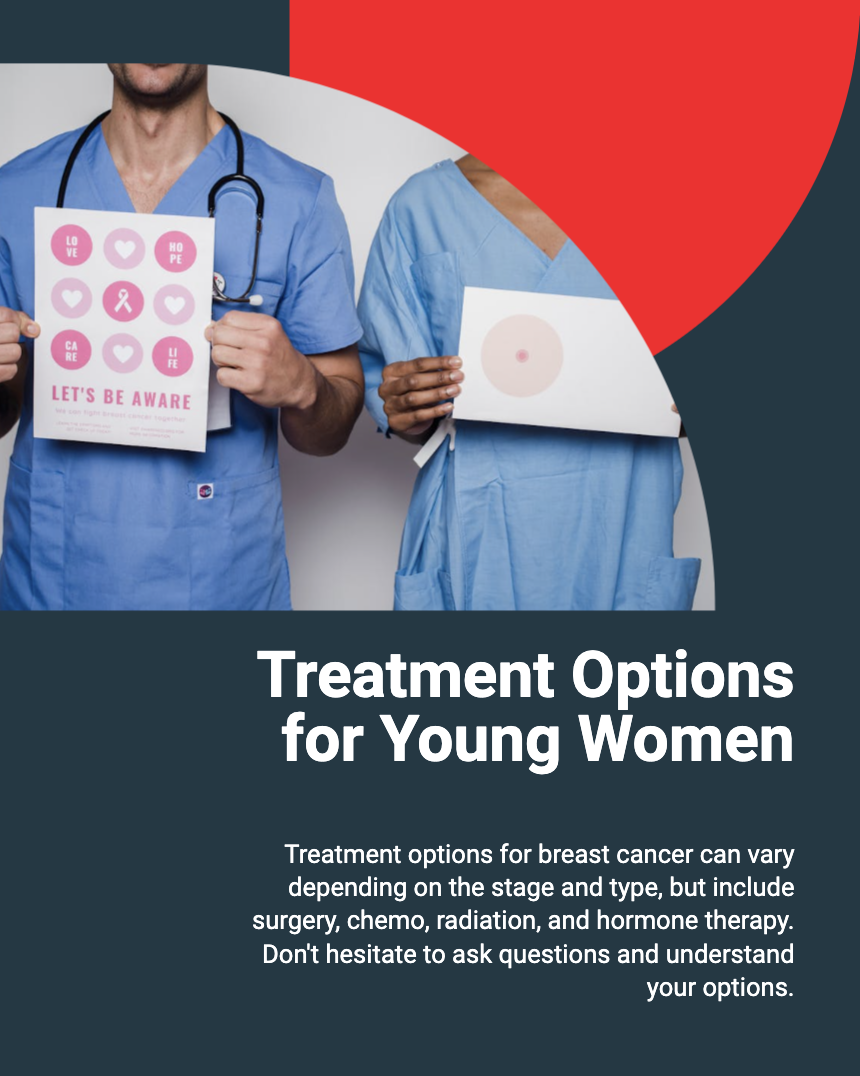
Common Treatments
Fertility Considerations
Some cancer treatments may affect fertility. Options like egg freezing can preserve your ability to have children in the future.
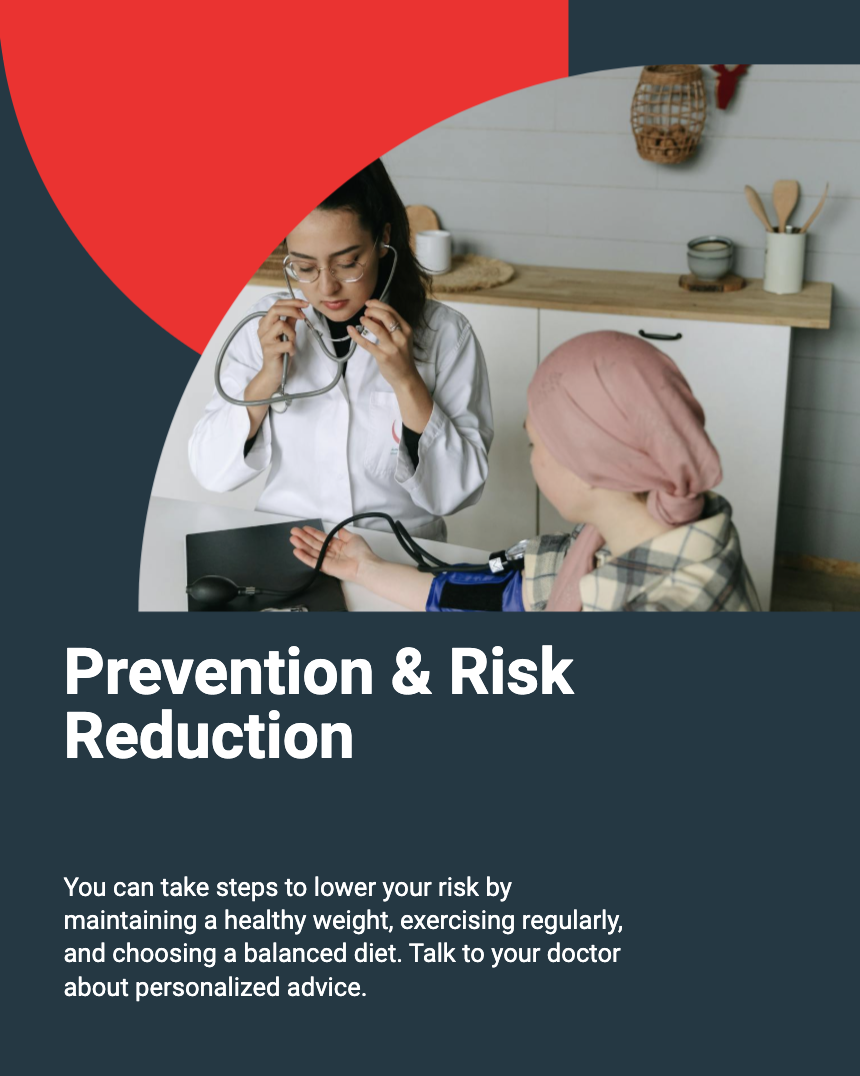
Healthy Lifestyle Choices
Proactive Healthcare
Coping with Diagnosis
A cancer diagnosis at a young age can be overwhelming. Seeking support from loved ones, therapists, and support groups can help.
Building a Support Network
Common Myths Debunked
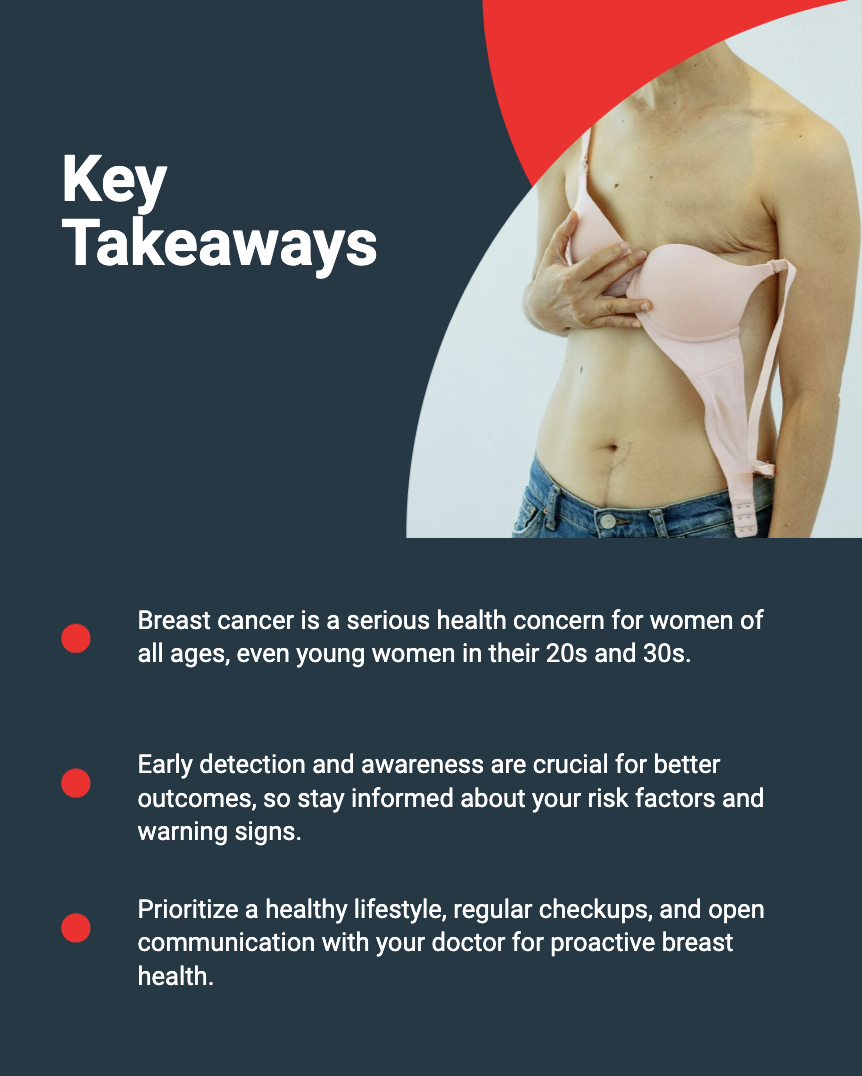
Breast cancer in your 20s and 30s may be less common, but it is not impossible. By understanding your risk factors, recognizing the warning signs, and adopting a proactive approach to your health, you can detect potential issues early and improve outcomes. Remember, knowledge is power, and taking charge of your health now could save your life.
Yes, while it is less common, breast cancer can occur in women under 40. Awareness and early detection are crucial.
If you discover a lump, don’t panic. Schedule an appointment with your doctor to have it evaluated.
Maintain a healthy lifestyle, exercise regularly, limit alcohol intake, and avoid smoking. Discuss genetic testing if you have a family history of breast cancer.
Breast pain is not usually a symptom of cancer, but persistent or unusual pain should still be checked by a healthcare provider.
Not always. Treatment depends on the type, stage, and other individual factors. Some cases may only require surgery or hormone therapy.
 12.03.2025
12.03.2025